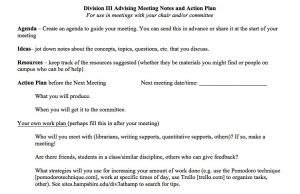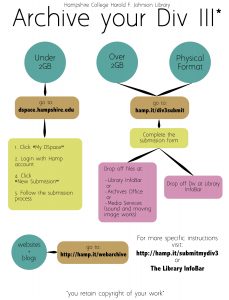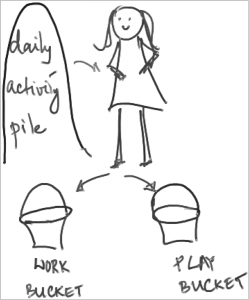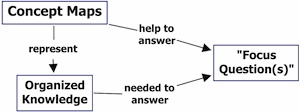Here are some highlights from a past faculty panel (NOTE: audio is currently as .mov files)
First, a bit on expectations (.mov) — Laura Wenk
ADVICE FROM FACULTY
Jason Tor (.mov) Associate Professor of Microbiology

- Stay connected to other students
- ask committee members for suggestions of other students who do similar things
- attend events
- set up peer reading/writing groups
- Time management
- It gets complicated. If you start work early it will give your project time to evolve.
- Instead of avoiding your sore spots get help from your committee and campus resources
Elly Donkin (.mov) Professor of Theater

- Establish a balance between staying connected to other students and retreating into your workspace and work time.
- You will reach a moment of truth where you might feel adrift in an ocean. Consider your faculty committee as collaborators and seek out their input.
- Be prepared to have some progress made by December. Don’t wait to move ideas forward.
- Leave time to encounter the unexpected.
Rachel Rubinstein (.mov) Associate Professor of American Literature & Jewish Studies

- Don’t be afraid to approach faculty outside of your disciplinary area. They can bring a fresh perspective to your work.
- No one knows how to do a Div III until you’ve done one. Be patient with yourself in the process.
- Meet regularly with your full faculty committee.You’re responsible for getting them in the same room and when you do: write everything down!
- Meet with the librarians to get help with research. Including online bibliographical systems like Zotero.
- Seek out writing support through concentrator seminars, peer groups, and the writing center.
- As you’re reading, write down your thoughts. Trust your ideas!
- Expect moments of pain and struggle.
- Don’t disappear! There’s always a way to get back on track and your committee can help.
Aaron Berman (,mov) Professor of History

- Div III is an exciting and important part of your Hampshire experience (it is his favorite as a faculty member and was his favorite as a student)
- Picking a topic can be complicated. Here are some tips.
- Like your topic. If you’re not invested in it you’ll be miserable by April.
- It needs to be doable in 2 semesters. Consider access to resources when making your decision
- Have fun!
Melissa Burch (.mov) Associate Professor of Cognitive Development

- In defining the scale and scope of your process, consider:
- A sustaining question and what you’re prepared to do to investigate it.
- The methods you want to explore and your ideal outcomes.
- Consider the future. What experiences will get you where you want to go?
Q & A (.mov)
Any advice for students with Five College faculty on their committees or other off-campus members?
- If you can’t meet in person, just be sure you’re all on the same page.
- Skype members in.
How long of a reading period should I aim for?
The first semester of your Div III is a time to be reading and writing all the time. As you move into second semester you may end up reading only as needed and working on revising your writing. You should speak with your committee members about what the best plan is for you.
Where can students find grants?
- Want more advice?
Visit the Creativity Center drop-in hours:
Wednesdays from 1-4pm in the Lemelson Building
Thursdays from 4-6pm at the Library Info Bar.
Introduction of some Hampshire Resource Staff (.mov)
Save
Save










